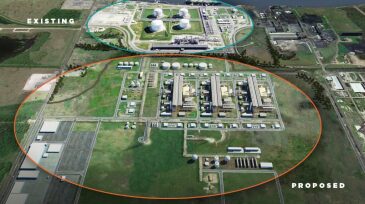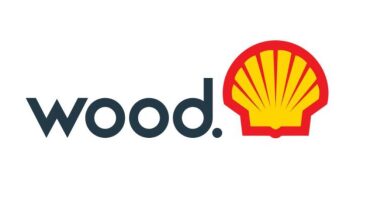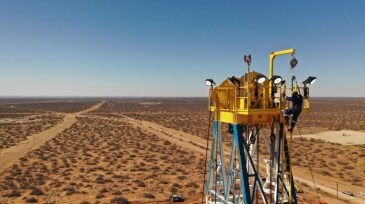Shell
-
Energy Transfer will look at taking on new partners and possibly reducing the size of the Lake Charles LNG project.
-
Wood is Shell’s exclusive partner for Shell’s Smart Choke technology, which suppresses riser-induced slugging.
-
Equinor and partners Shell and Total have completed the drilling of a confirmation well south of the Troll field in the North Sea. The purpose of the well is to determine the suitability of the reservoir for carbon dioxide storage.
-
The companies have signed a memorandum of understanding on digital collaboration to develop solutions and methods together through the exchange of expertise in areas such as data science, artificial intelligence, and 3D printing.
-
i-Tech 7, Subsea 7’s life-of-field business unit, and Shell International E&P have entered into a collaborative technology agreement to accelerate subsea digitalization, initially for a period of 5 years from the fourth quarter of 2019.
-
Shell has awarded consulting company Atkins with a 5-year framework agreement to provide general and specialist technical safety and human factors engineering services to support Shell’s global projects and assets.
-
The LNG will come from the offshore Qatargas 4 project in the North Field, a joint venture between Qatar Petroleum and Shell.
-
Sometimes problems turn out to be an opportunity to try something new. In this case, the result was a well design unlike anything most in the shale sector have seen before.
-
High-tech testing is playing a bigger role than ever in helping shale producers reduce the time needed to screen out bad ideas.
-
Heavy production spiked in two Canadian wells heated by an electric cable, but it is hard to find customers there at a time when Canadian oil prices and customers remember cables in the past that died young.










